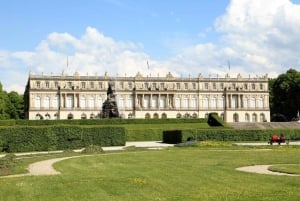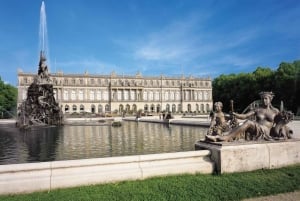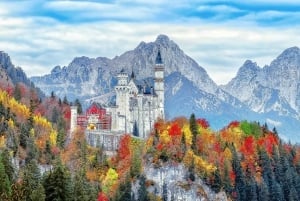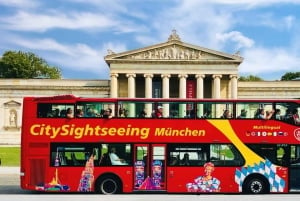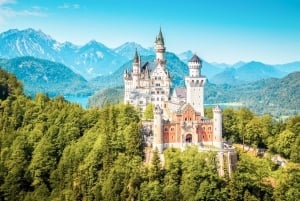History Overview
The city itself was founded about 850 years ago, when Henry the Lion, the Duke of Bavaria and Saxony, was on a development binge that led the creation of Munich and several other cities.
In 1504, Munich became the capital of Bavaria and even grew to a major city with an own archbishop in the middle of the 19th century. At these times Munich owned a university, an opera house, palaces, and other facilities that made the city an important kingdom's royal seat.
In the 20th century Munich gained notoriety as the birthplace of the Nazi party, which regarded the city as the 'capital of the movement' from 1920, when the party was founded in the Sterneckerbraeu beer hall, until the collapse of the "Third Empire". The party's 'spiritual center' was the Feldherrnhalle, a Bavarian war memorial that dates to the 19th Century but is now often associated with the Hitlerzeit.
Today Munich is a modern city with approximately 1.35 million inhabitants in a metropolitan area with a population of six million. As Munich is still the capital of Bavaria, it is also still a prosperous city and attracts more English-speaking visitors than any other German city.



